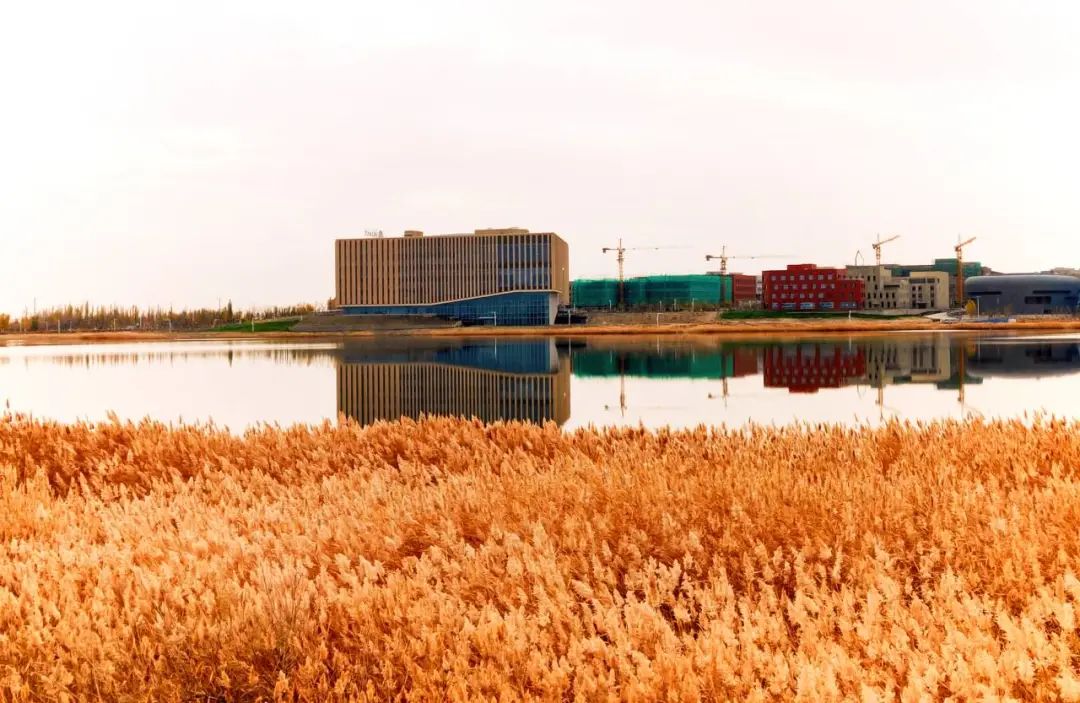
PROFESSOR
Doctor, professor, master tutor
Winner of the Autonomous Region Outstanding Youth Science Fund,
the autonomous region "Tianshan Talent Plan",
"Tianshan Cedar Plan" training candidates,
Karamay City "innovative outstanding Young talent",
"Youth May Fourth Medal" winner,
the school's youth top talent
E-mail:fcvip0808@126.com
TEL:0990-6633524
【 Main Course 】
"Geophysical Logging", "Logging Interpretation and digital processing", "Geological interpretation of logging data", "Collection, processing and interpretation of logging data", "C language programming", "Geological Practice", etc.
【 Research and Enrollment 】
(1) Rock physics and numerical simulation.
(2) unconventional reservoir logging response mechanism and evaluation methods.
(3) Theory and application of artificial intelligence in logging.
【 Major 】
(1) Geological Engineering (06-Oil and Gas Geophysical Logging Engineering)
(2) Computer technology
【 Representative research projects 】
He has presided over more than 10 high-level projects such as National Natural Science Foundation Youth Fund, Regional Fund, Autonomous Region Outstanding Youth Science Fund, Autonomous Region "Tianshan Talent Plan", Autonomous region "Tianshan Cedar Plan".
To complete a major national science and technology project subproject.
【 Representative Papers 】
[1] Cheng Feng, Ziyan Feng, Rui Mao, et al. Prediction of vitrinite reflectance of shale oil reservoirs using nuclear magnetic resonance and conventional log data[J]. Fuel, 2023, 339: 127422. (SCI)
[2] Cheng Feng, Jungui Feng, Ziyan Feng, et al. Determination of reservoir wettability based on resistivity index prediction from core and log data[J]. Journal of Petroleum Science and Engineering, 2021, 205: 108842. (SCI)
[3] Cheng Feng, Zhiwei Wang, Xili Deng, et al. A new empirical method based on piecewise linear model to predict static Poisson's ratio via well logs[J]. Journal of Petroleum Science and Engineering, 2019, 175: 1-8. (SCI)